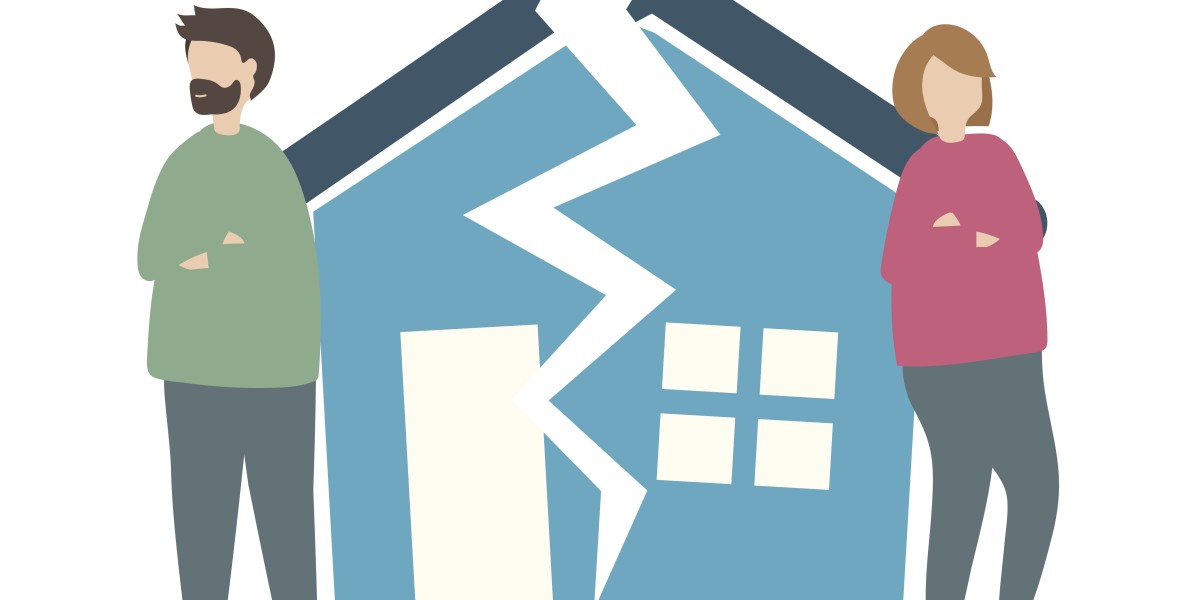At Virtual Assistants 365, we’ve seen firsthand how hiring a virtual assistant doesn’t just improve productivity—it genuinely improves mental health for entrepreneurs and small business owners.
In this blog, we’ll explore the emotional toll of doing everything alone, and how making the decision to hire a virtual assistant can create space for focus, peace of mind, and better work-life balance.
The Entrepreneur’s Mental Load: It’s More Than Just Busy Work
Running a business means making decisions all day, every day. What most people don’t see is the invisible weight of:
Never-ending to-do lists
Constant context-switching
Decision fatigue
Lack of time for deep, focused work
Guilt from not doing “enough”
This mental overload isn’t just exhausting—it leads to stress, burnout, and decreased performance over time.
The Problem with Wearing All the Hats
Many entrepreneurs start their journey handling everything solo—and that makes sense in the beginning. But as your business grows, the DIY approach can become a bottleneck.
Tasks like inbox management, calendar scheduling, data entry, social media posting, or lead follow-ups are important—but they’re not always CEO-level work. That’s where a virtual assistant becomes game-changing.
What Is a Virtual Assistant, Really?
A virtual assistant (VA) is a skilled remote professional who supports businesses by handling administrative, creative, technical, or customer support tasks.
At Virtual Assistants 365, our VAs are trained in multiple areas including:
Inbox and calendar management
Social media content and scheduling
Data entry and CRM updates
Research and lead generation
Customer service and order processing
Travel planning and document formatting
They work with you remotely, but feel like an integral part of your team.
How Hiring a Virtual Assistant Improves Mental Health
Hiring a virtual assistant doesn’t just lighten your task load—it creates mental space for higher-quality thinking, creativity, and rest.
1. Reduced Decision Fatigue
Imagine no longer having to decide what emails to answer first, which calendar conflicts to solve, or when to post to Instagram. A VA takes over repetitive decision-making, so your brainpower is preserved for high-level strategy and problem-solving.
2. Increased Time for Focus
When you delegate time-consuming tasks, you reclaim hours every week for the work that truly matters. That could be product development, sales strategy, or simply getting enough sleep!
Many of our clients report getting back 10–15 hours per week after they hire a virtual assistant—that’s almost two full workdays per month.
3. Better Work-Life Balance
It’s hard to “switch off” when you’re constantly thinking about the 47 things you didn’t finish. With a VA handling the backend, you get peace of mind knowing things are getting done—even when you’re off the clock.
Time for your family, friends, hobbies, and rest isn’t a luxury—it’s essential. We help you protect that.
Our Process at Virtual Assistants 365
We make it easy and efficient to hire a virtual assistant who fits your business, your workflow, and your personality.
Step 1 – Discovery Call
We get to know your needs, your pain points, and what kind of support will make the biggest impact.
Step 2 – VA Matching
We pair you with one of our skilled virtual assistants based on your industry, tools, and preferences.
Step 3 – Onboarding & Kickoff
We guide the onboarding process so you can hit the ground running. Whether you’re handing off one task or an entire workflow, we’ll help you transition smoothly.
Step 4 – Ongoing Support
We don’t just disappear after the match. Our client success team checks in regularly to ensure things are running smoothly—and we’re always here to adjust support as your business grows.
Real Client Wins: Delegation That Changed the Game
Case Study: Alex, E-commerce Business Owner
Alex came to us working 70+ hour weeks, answering customer emails at midnight and barely keeping up with inventory tracking. After hiring a virtual assistant through our team, Alex offloaded:
Customer support
Order entry
Influencer outreach
Weekly newsletter drafts
The result? A 40% increase in productivity, a 30% increase in sales, and—most importantly—Alex finally took his first real vacation in 3 years.
Common Misconceptions About Hiring a VA
“I Don’t Have Enough Work to Outsource.”
You’d be surprised. Even offloading just 5–10 hours of recurring tasks a week can drastically reduce your stress levels. Your VA can grow with you as your needs expand.
“I Can’t Afford It.”
Hiring full-time staff is expensive. But with Virtual Assistants 365, you only pay for the hours you need—making it one of the most cost-effective ways to grow your team without growing your overhead.
“No One Can Do It Like Me.”
True—but someone can do it well enough to free you up. We’ll help you train and onboard your VA so they understand your voice, brand, and preferences.
Ready to Hire a Virtual Assistant and Protect Your Peace?
At Virtual Assistants 365, we believe that delegation is more than a business strategy—it’s a wellness strategy. You shouldn’t have to sacrifice your mental health to grow your dream.
Whether you need part-time admin help or full-time operational support, we’re here to help you hire a virtual assistant who becomes a true partner in your success.
? Book Your Free Discovery Call Today
Let’s talk about how we can take the stress off your plate.
? Visit us: www.virtualassistants365.com
Virtual Assistants 365 – Your Business. Your Peace of Mind. Our Priority.









